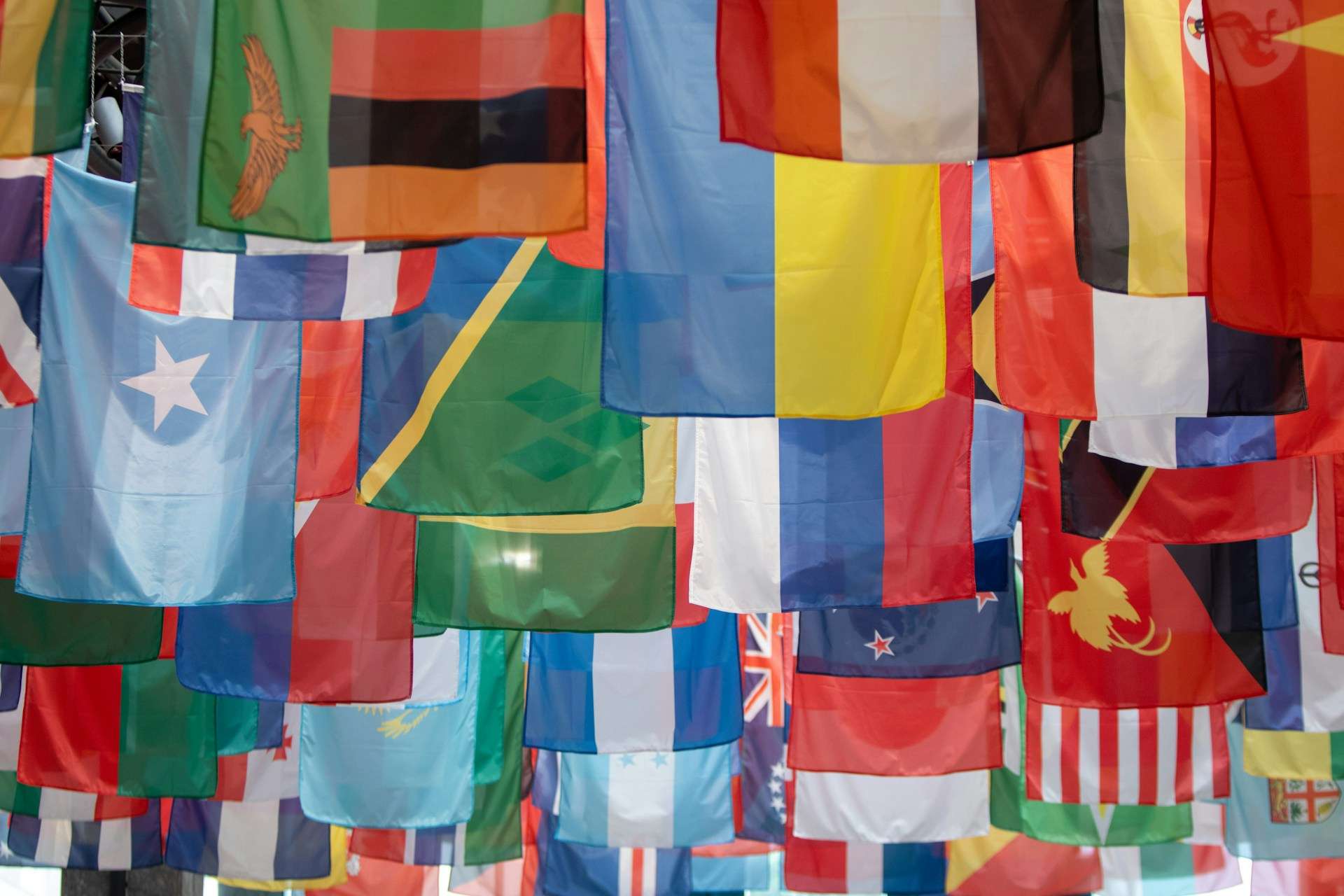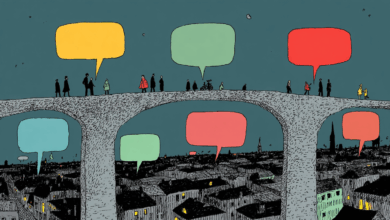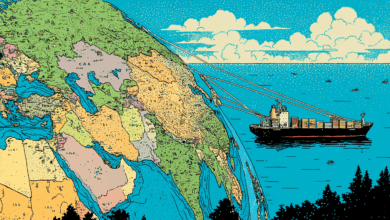If Other Governments Do It, Why Shouldn’t We?

“If tariffs are so bad for an economy,” asks a popular meme making the rounds these days, “then why do 170 countries have tariffs on American goods?”
Implicit in the question is a dubious assumption, namely, that the governments of those 170 countries would never do anything that didn’t make good sense for their people.
Are you kidding me?
Sometimes, government officials consult the best and most objective experts, carefully weigh the evidence in the scales of justice, and then thoughtfully and magnanimously do the right thing for everybody. They may even ask the Almighty for guidance along the way. I just can’t remember the last time they conducted their business in this fashion.
Government officials usually slop some grease on the squeaky wheel and accept a little campaign grease in return. Bismarck warned us more than a century ago, “To retain respect for sausages and laws, one must not watch them in the making.”
Who do you suppose lobbied those 170 governments for tariffs against American goods? I can assure you that it wasn’t “the masses.”
Public choice economists explain this in terms of “regulatory capture,” when politically connected industries steer policy to serve themselves. The costs are spread thin across millions of people, while the benefits land on the few who lobbied for them. As the late Murray Rothbard put it, if you want to know who pushed for something, just ask, Cui bono?
In a recent year, the European Union as a bloc tariffed US wine at about twice the rate per bottle than the US taxed imports of European wines. This means consumers on both sides of the Atlantic are paying more for wine than they would if there were no tariffs at all.
As an average wine drinker, I bristle at the thought, but I don’t imbibe enough to make it worth my time to write my congressman a letter, let alone buy a plane ticket to Washington to accost him in person.
Likewise in Europe, who do you think hires the lobbyists in Brussels? The winemakers, not the consumers.
So stop with the “lots of governments do it, so it must be good” nonsense. When the politicians in those 170 countries deprive their people of products from America or force them to pay more for them through tariffs, they’re doing them no favors.
They’re doing the bidding of the politically well-connected at the expense of everybody else. The same is likely true when we in America slap tariffs on foreigners. It’s as if producers in both regions (the real beneficiaries of tariffs) are shooting at their competition, and customers are caught in the crossfire.
Most governments of the world tax and spend too much and waste a lot of money. That’s no reason to copy them. Most are up to their collective necks in debt too, which is nothing to envy. Most governments also run lousy public schools when they could get twice the education at half the price if they relied instead on the private sector.
Few things that governments do are models of excellence, efficiency, or plain common sense. If other governments are doing it, that might be a good argument for us not to.
This article originally ran on Mr. Reed’s blog at www.lawrencewreed.com.
The post If Other Governments Do It, Why Shouldn’t We? was first published by the Foundation for Economic Education, and is republished here with permission. Please support their efforts.



